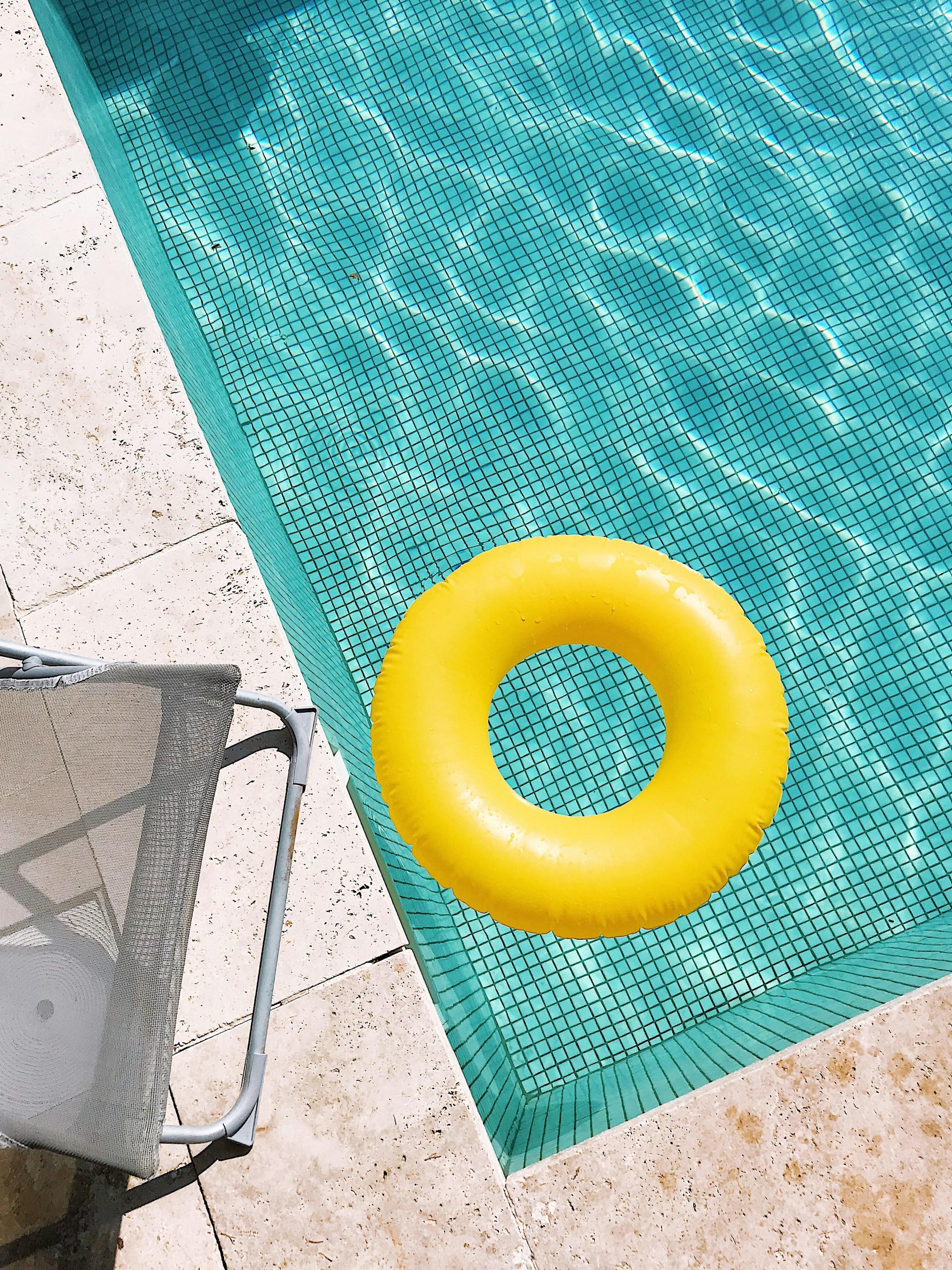Summer is the time for fun, relaxation, and enjoying your swimming pool. But nothing can put a damper on your poolside paradise faster than an unexpected leak. Swimming pool leaks not only waste water but can also lead to higher maintenance costs and potential damage to your property.
Prompt swimming pool leak detection and repairs can help you keep your pool in perfect condition, ensuring endless enjoyment all season long. Read on as our team at Bluewater Pools explains how to spot a leak and when to contact a professional for repairs.
Identifying a Leak in Your Pool
Swimming pool leaks can be elusive, but there are a few telltale signs to watch for:
- Unusual Water Loss: It's normal for your pool to lose some water due to evaporation, especially in hot weather. However, if you notice a significant drop in the water level, it could indicate a leak. A general rule of thumb is that your pool should not lose more than 1/4 inch of water per day.
- Wet Spots or Erosion: Check the area around your pool for soggy spots or signs of erosion. Leaking water can saturate the soil, creating wet patches or causing erosion in the landscape around the pool.
- Unexplained Water Bills: A sudden spike in your water bill without an increase in water usage could be a red flag. This often points to a hidden leak that’s wasting water continuously.
- Air in the Pump System: If you notice air bubbles in the return jets or your pump is making unusual noises, there might be a leak allowing air into the system.

Detecting the Leak
If you suspect a leak, the next step is to pinpoint its location. Here are some common methods for swimming pool leak detection:
- Bucket Test: This simple test helps determine if the pool is losing water faster than evaporation. Fill a bucket with water and place it on the pool step, ensuring the water level in the bucket matches the pool level. Mark the levels and check after 24 hours. If the pool level drops more than the bucket, you have a leak.
- Dye Test: For pinpointing small leaks, a dye test is effective. Turn off the pool pump and let the water settle. Then, add a few drops of food coloring or leak detection dye near suspected leak points like cracks or around fittings. The dye will be drawn toward the leak, revealing its location.
- State-of-the-Art Sonar Leak Detection: At Bluewater Pools, we use cutting-edge sonar listening technology to detect even the smallest leaks without invasive methods. This service saves water, reduces potential damage, and restores your pool's integrity.
Repairing the Leak
Once you’ve located the leak, it’s crucial to address it promptly to prevent further damage. The repair method depends on the leak's source and severity:
- Cracks in the Pool Structure: Small cracks in the pool surface can be repaired using pool putty or epoxy. For larger cracks, a professional may need to apply a more extensive patch or even resurface the pool.
- Leaking Pool Equipment: If the leak is coming from equipment like the pump, filter, or heater, check for worn-out seals, gaskets, or connections. Replacing these components is usually a straightforward fix.
- Plumbing Leaks: Underground plumbing leaks are more complex. They often require professional intervention, including excavation and pipe replacement. Using flexible PVC pipes can be beneficial as they are less prone to cracking.
- Vinyl Liner Repairs: For vinyl-lined pools, patch kits are available to fix small tears. Larger issues might necessitate liner replacement.
Don’t let a leak sink your fun—stay proactive so your pool remains a source of joy and relaxation. Contact us today for professional swimming pool leak detection and repairs.

 Bluewater Pools
Bluewater Pools